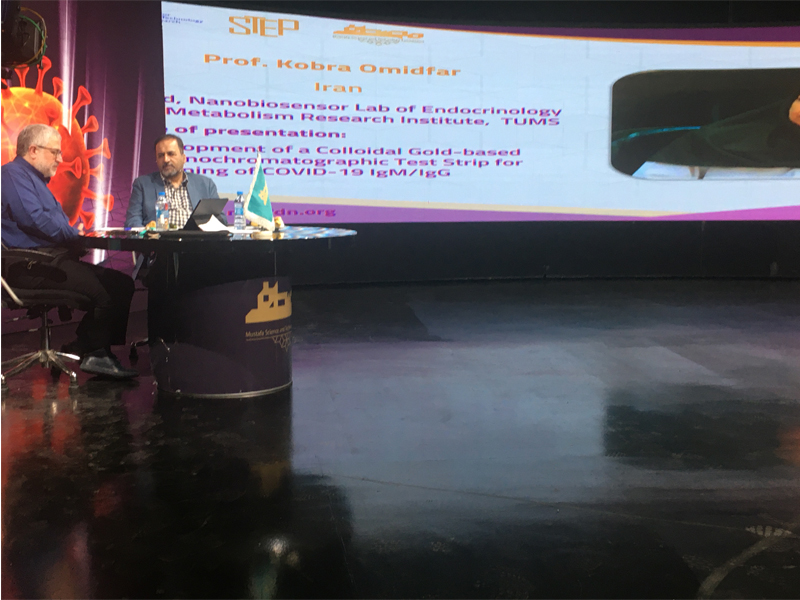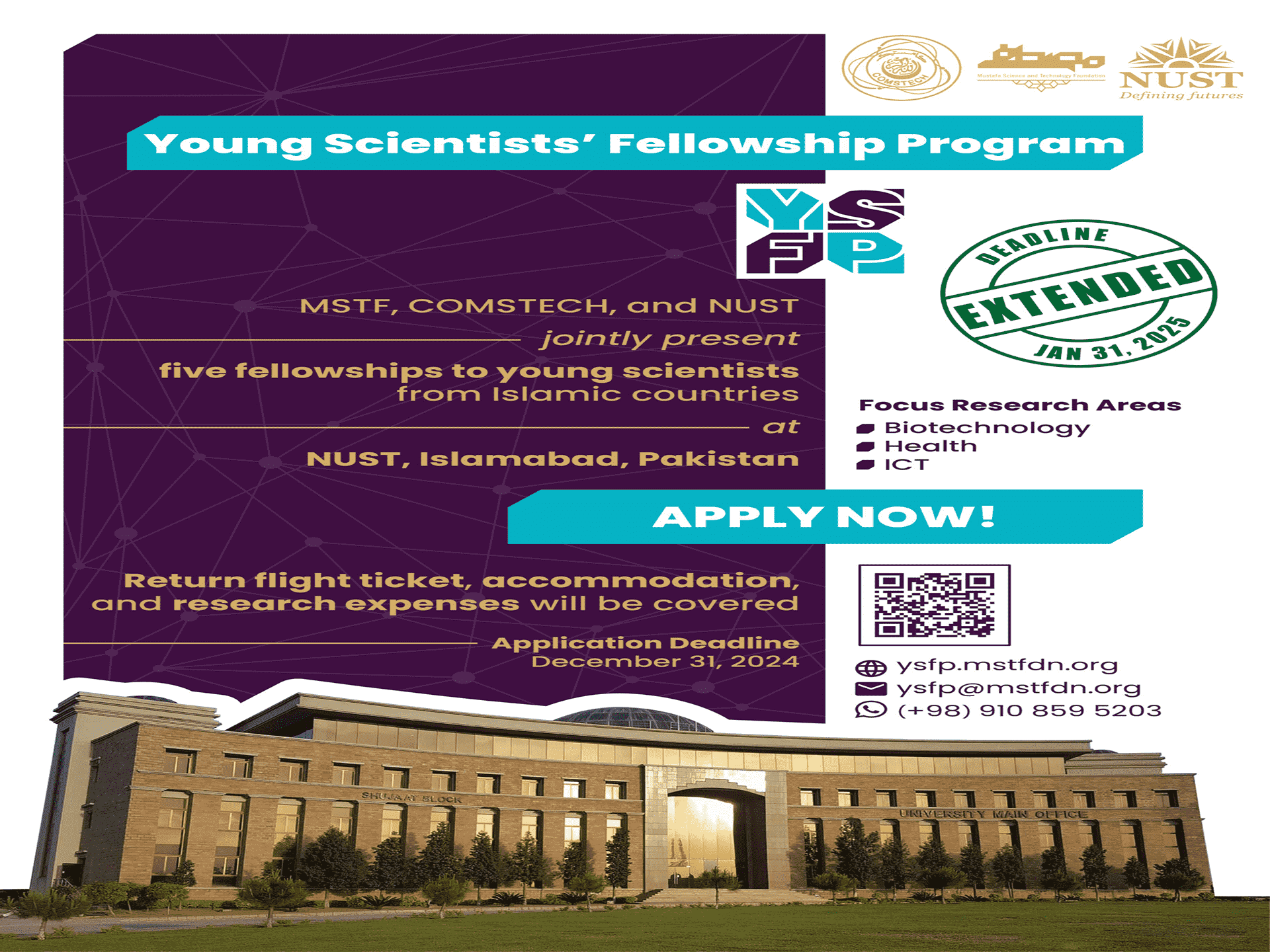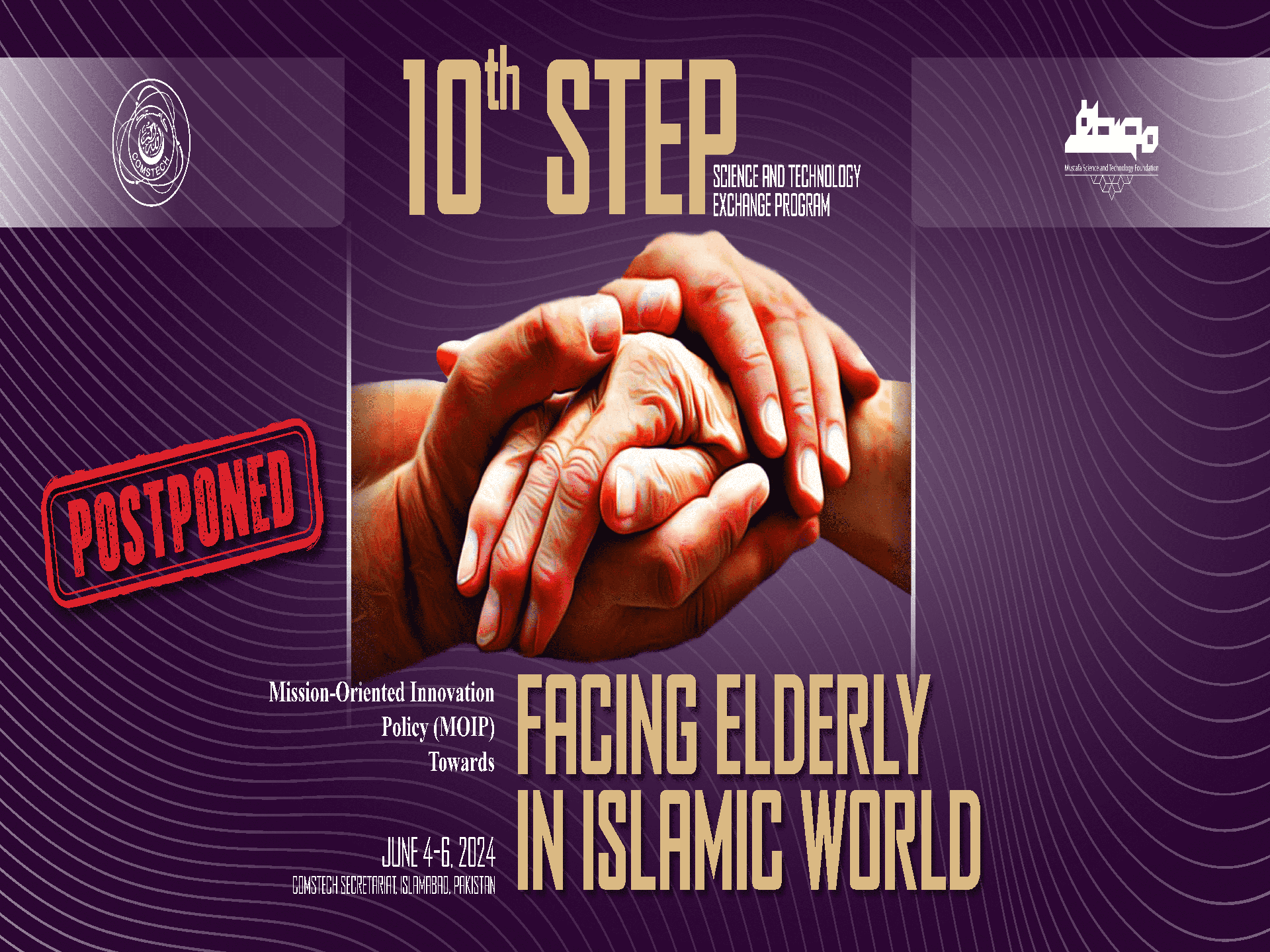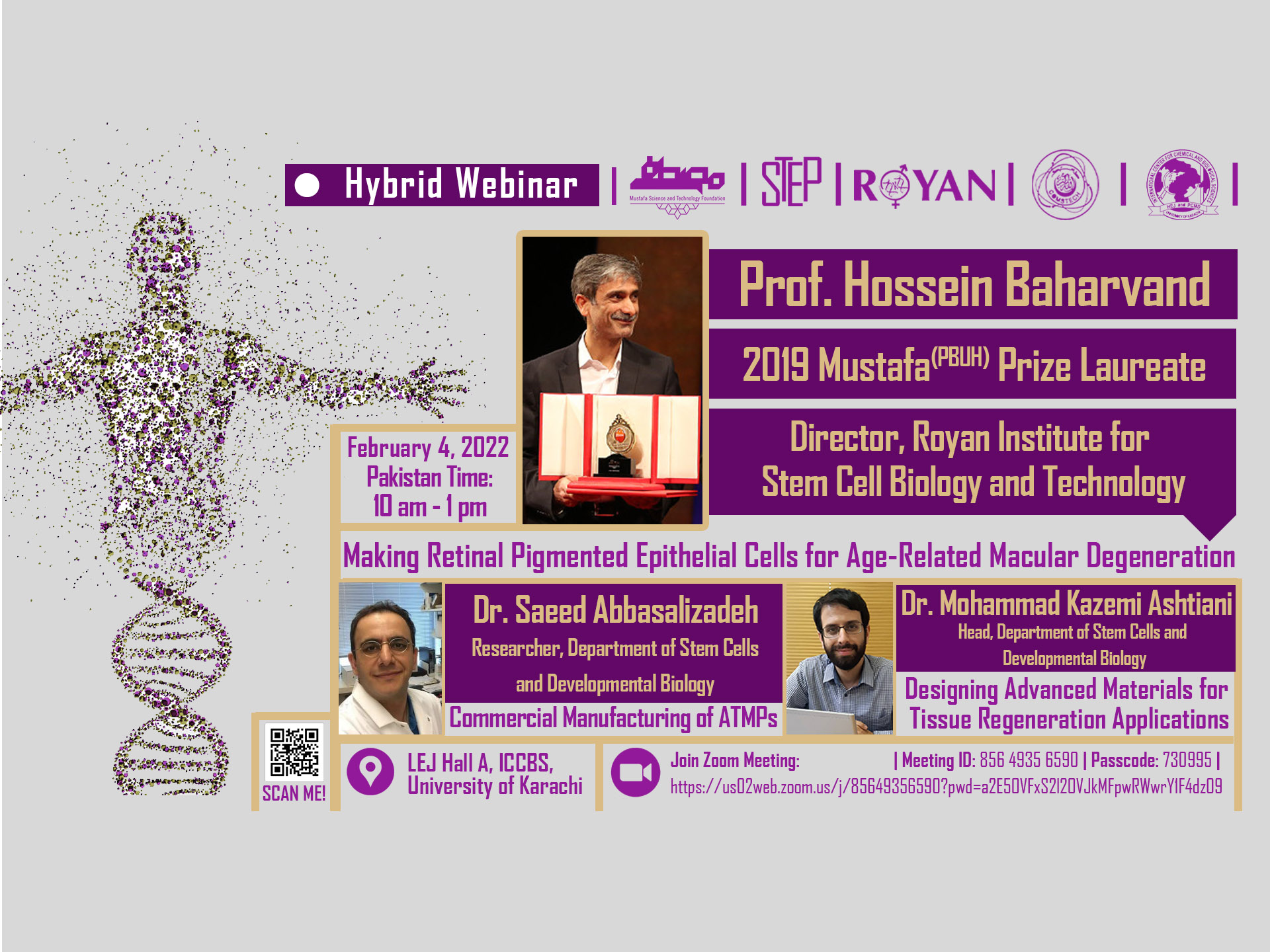TOP STORIES

STEP Talks shed light on various experiences in dealing with COVID-19
28 May. 2020
The event, which focused on the global COVID-19 pandemic, was held virtually by the Mustafa Science and Technology Foundation to provide the exchange of ideas on the current pandemic.
Iranian academic Hamid R. Rabiee was the first lecturer who shared his findings with the audience virtually. He and his colleague Hossein Ghanaati proposed the AI-MED which draws on Artificial Intelligence for accurate diagnosis of COVID-19 via chest CT scan.
“AI is used and applied in medicine; we have used it for early diagnosis of COVID-19,” he explained.
“We concluded that chest CT scan has a high sensitivity in the diagnosis of COVID-19. Chest CT scan may be considered as a primary tool for COVID-19 detection; however, it has higher sensitivity in comparison to RT-PCR,” he added.
Rabiee asserted that the AI-Assisted Diagnosis System can be considered as a reliable assistant for experts to boost the accuracy of diagnosis.
He said that the AI-MED team utilizes an innovative preprocessing module to remove possible batch effects and deploys data from multiple sources for end-to-end training of Explainable Deep Neural Networks (xDNN).
“The accuracy of our model is above 95%, and its sensitivity is about 98%,” he highlighted.
He introduced https://aimed-sharif.ir in which CT scans from all over the world are uploaded.
“The system has outreached some countries like Italy, Germany, Canada, Nigeria, and South Africa,” he concluded.
Next, the Indian Professor and HOD of Computer Science & Engineering at Jamia Hamdard, Afshar Alam, explained about his country’s experience in dealing with COVID-19.
He pointed to the technology of drones in India as tools which sanitize large areas with disinfectants, monitor traffic, place violators on lockdown, and use machine learning for prediction of the virus spread.
Alam also pointed to the remote-controlled trolley, which is used by healthcare workers to deliver essential items to frontline healthcare staff, as one of the technologies used during COVID-19 pandemic at hospitals.
Naim Akhtar Khan from the University of Burgundy, France, was the next speaker. He talked about the relationship between obesity and COVID-19.
“Obesity kills people three times more than famine in the world,” he announced.
He said that obesity triggers inflammation, immunosuppression, and influenza titer.
He then explained about an experiment on the impact of exercise in the obese mice. He concluded that exercise can reduce the threat of influenza titer in people suffering from obesity.
Turkish scholar Ilkay Erdogan Orhan gave an insightful speech regarding this question: “Could natural products be structural models as potential leads in drug design against SARS-CoV-2?”
Professor of pharmaceutics at Jamia Hamdard, India, Farhan Jalees Ahmad was the next lecturer. He talked about “Theranostic Potential of Gold Nanoparticles for COVID-19.”
Afterward, medical doctor and researcher at Indonesia Medical Education and Research Institute, Aly Lamuri, delivered a speech on the psychological distress caused by COVID-19 among the residents of Greater Jakarta Area.
He said that according to his studies, women experience higher levels of psychological distress and some gender-based violence.
“Depressive disorder is less prevalent in well-educated people. Those with low levels of education have a poor understanding of disease,” he added.
He announced that the suicide rate among the elderly rose as a result of COVID-19 pandemic in Hong Kong. “The older adults infected with COVID-19 complained about increased distress,” he said.
“The groups at higher risk of suffering psychological distress are women and people with little or no education,” he concluded.
News Source: MSTF Media






.jpg)
